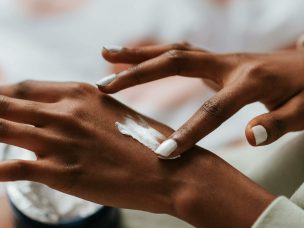Barriers to health care for atopic dermatitis (eczema) and asthma may differ among racial/ethnic minority groups. However, research is limited on the perceptions of these groups regarding access to care. Racial/ethnic minority groups may experience a greater treatment burden and more barriers to appropriate care than other groups.
Researchers conducted an online survey across the U.S. to evaluate sentiments regarding barriers to care in racial/ethnic minority groups with asthma or eczema. The survey was carried out between March 24, 2020, and April 6, 2020, and included 841 participants. The participants who completed the survey were at least 18 years of age and endorsed a diagnosis of asthma and/or eczema.
Ultimately, it was found that Black and Hispanic participants with low income (less than $15,000 per year) had trouble understanding written materials and filling out documents due to issues with health literacy. Participants who reported a low income also expressed that they experienced symptoms of eczema more frequently than participants with a higher income. Lastly, 35% of low-income participants said they had not tried any treatments for eczema compared to 15% of higher-income participants.
In conclusion, Black, Hispanic, and low-income individuals may experience barriers to health equity. Healthcare providers should seek to provide clearer action plans for racial/ethnic minority groups and low-income patients. In addition, providers can tailor their treatments with improved communication and materials that are understandable for individuals with low health literacy. Addressing these challenges may help improve outcomes for individuals with asthma or eczema who experience barriers to care [1].
Source:
[1] Bukstein, D. A., Friedman, A., Gonzalez Reyes, E., Hart, M., Jones, B. L., & Winders, T. (2022). Impact of social determinants on the burden of asthma and eczema: results from a US patient survey. Advances in Therapy, 39(3), 1341–1358. https://doi.org/10.1007/s12325-021-02021-0








